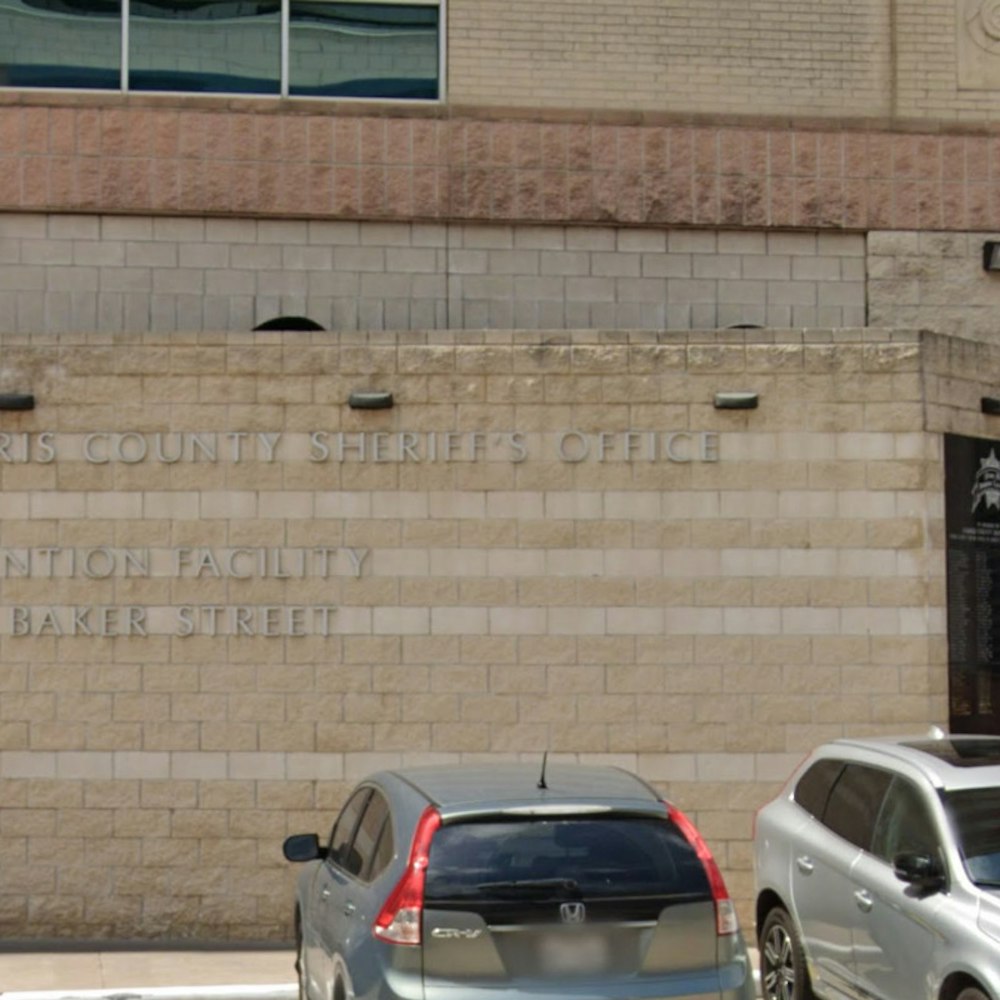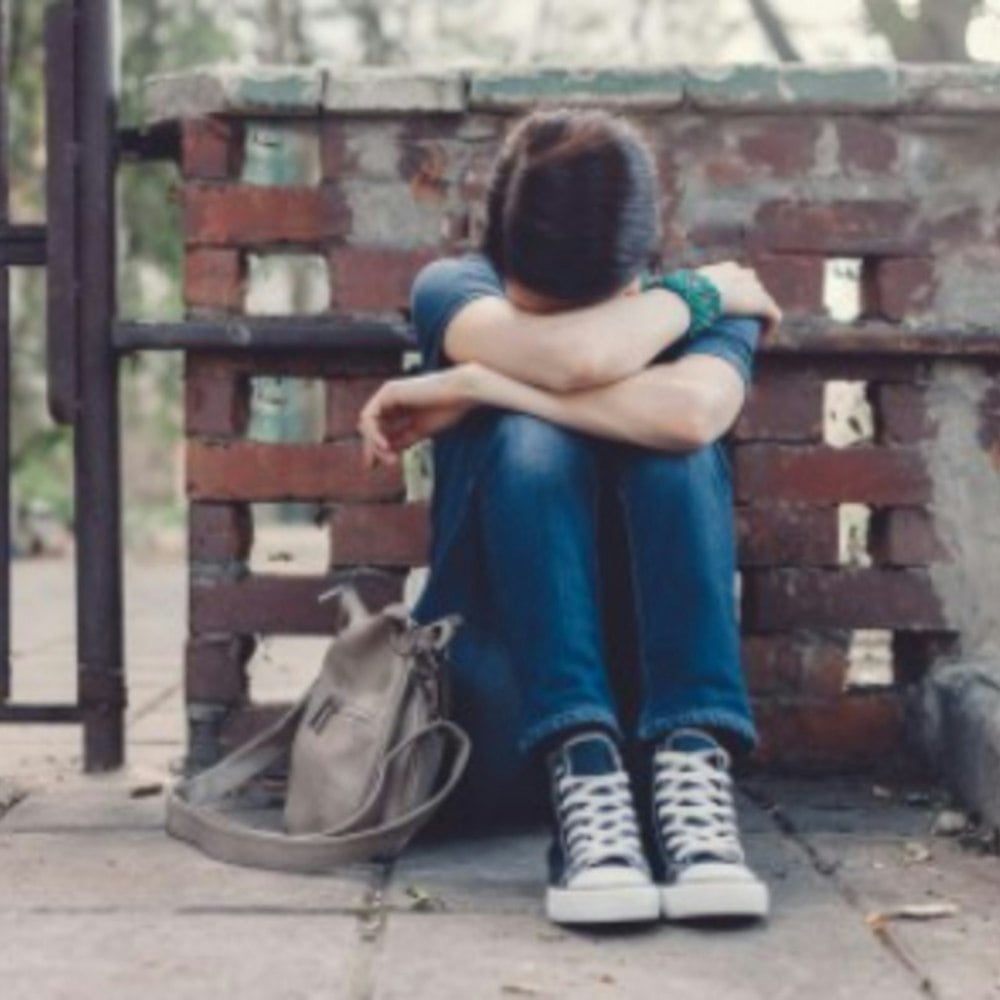
Locked up and left out, Massachusetts' incarcerated youth with special education needs are hitting back, filing a class-action lawsuit against the Department of Elementary and Secondary Education (DESE). The legal move, initiated by three young men currently housed in county jails, alleges a failure to provide state-mandated special education services, a scenario far from the curriculum they're owed. "DESE’s failure to uphold its legal obligation to provide adequate education to incarcerated youth is unacceptable,” Phil Kassel of the Mental Health Legal Advisors Committee, said in a statement reported by the Boston Herald.
The class-action suit represents a potential class of hundreds of incarcerated youth, aged 18 to 22, aiming to transform a system where, according to a report from Citizens for Juvenile Justice and mentioned by WBUR, close to 200 young adults with IEPs might have been under-identified between 2018 and 2020. Under current conditions, these students receive minimal services, their individual educational programs (IEPs) lost to a system more concerned with isolation than instruction, their potential overshadowed by the looming walls of correctional institutions.
The plight of the juveniles is underscored by bleak statistics: While about half of those in the Department of Youth Services receive special education services, only 2% in county jails do, translated to a mere dozen across 15 facilities. Elizabeth Levitan, an attorney with the EdLaw Project told WBUR, "We've been representing students in individual cases, and we have just seen that all of those efforts are not enough to make the kind of change that is necessary. That is why we have moved forward with a class action lawsuit". Amidst these stark discrepancies, the lawsuit aims to force a revision of DESE's delivery model, compelling adherence to existing legal frameworks designed to uplift rather than undermine.
Responding to the escalating concern, DESE has yet to display an eagerness to address this educational gulf, but a late Tuesday statement offered to WBUR noted the agency "will review the lawsuit and is committed to seeing that all students with disabilities receive the services they deserve.” As this legal battle unfolds, the plaintiffs continue to demand not only recognition but action—specifically the implementation of an operational system that identifies eligible youths and furnishes the essential 27.5 hours of weekly education they are entitled to. In this stark equation, DESE stands at a crossroad, with the outcome potentially recalibrating the futures of countless youths who, even within the confines of correctional institutions, seek the knowledge that could free their minds.
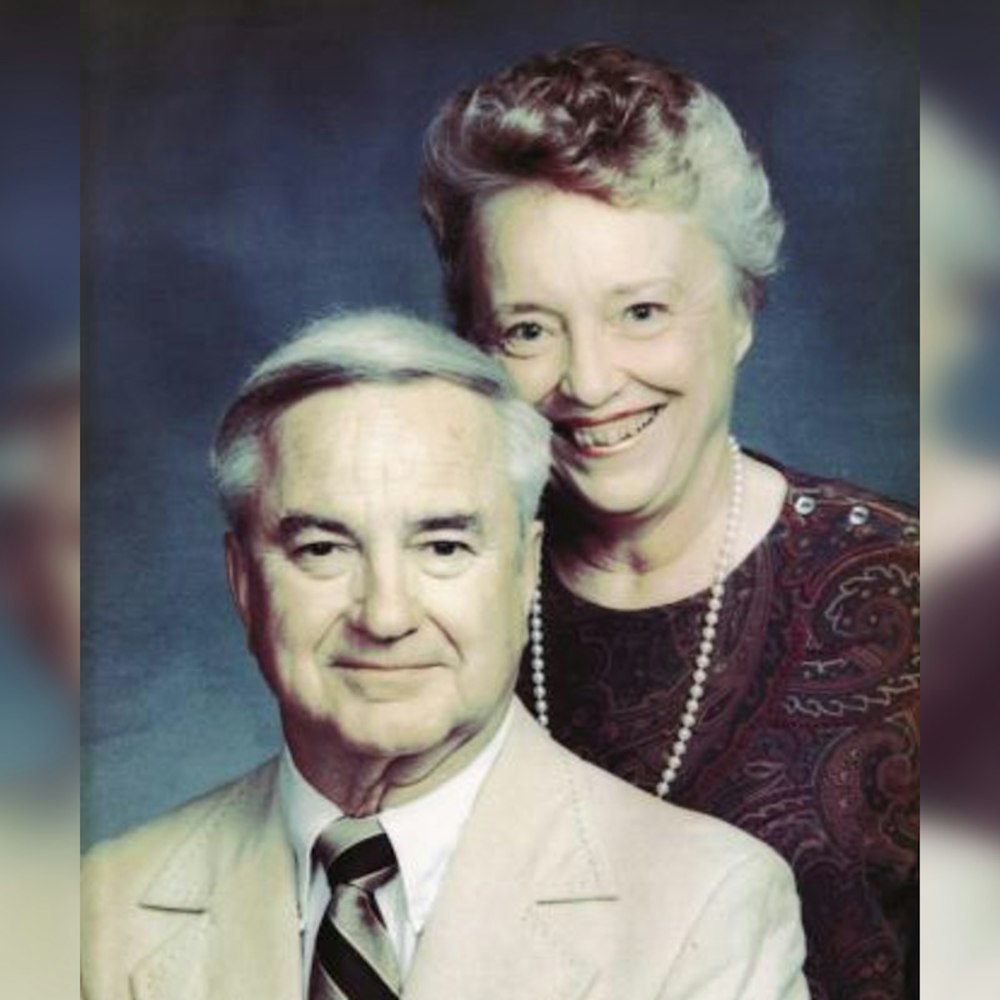
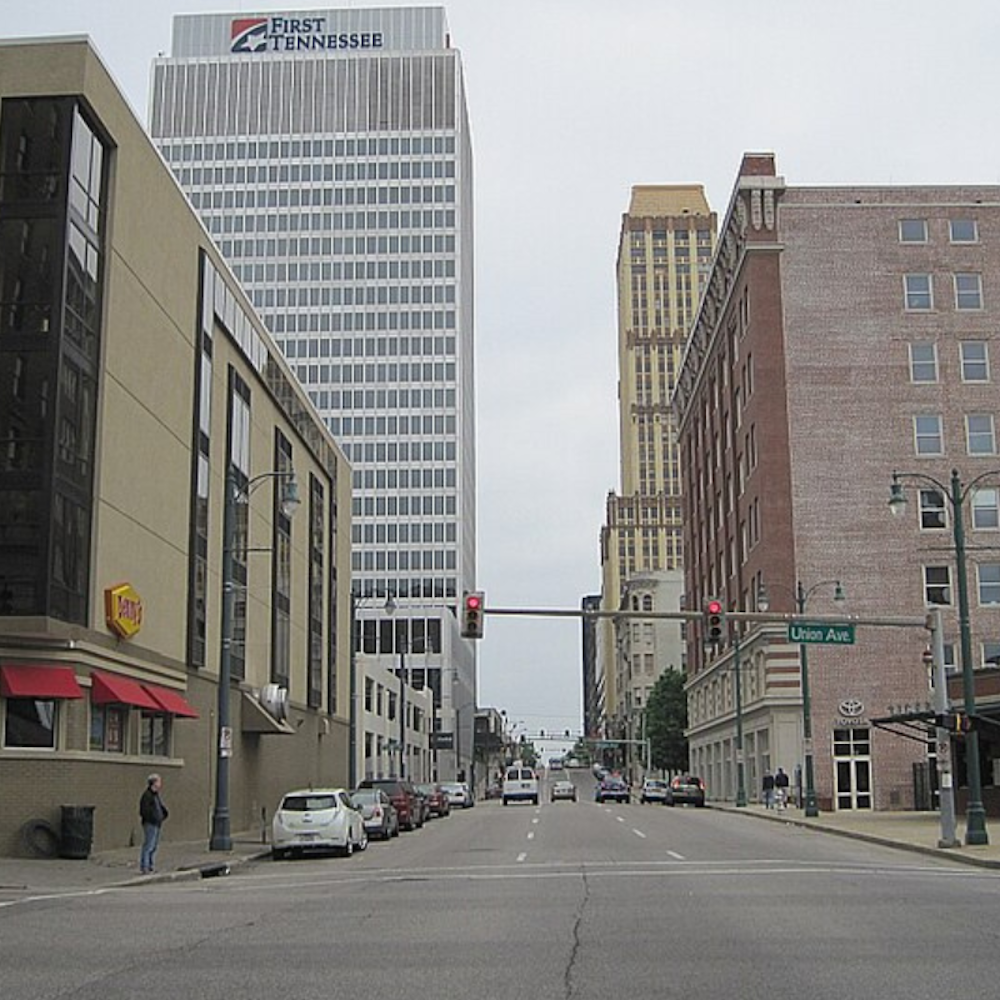
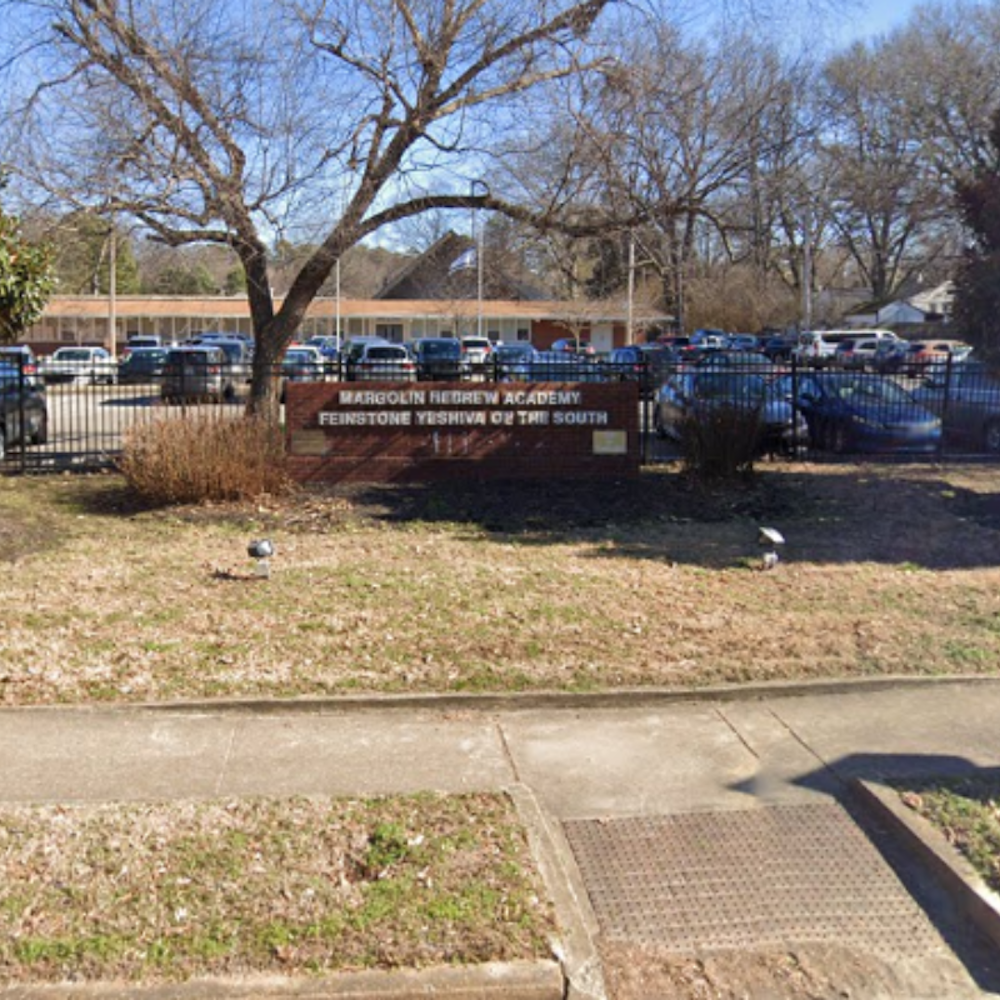
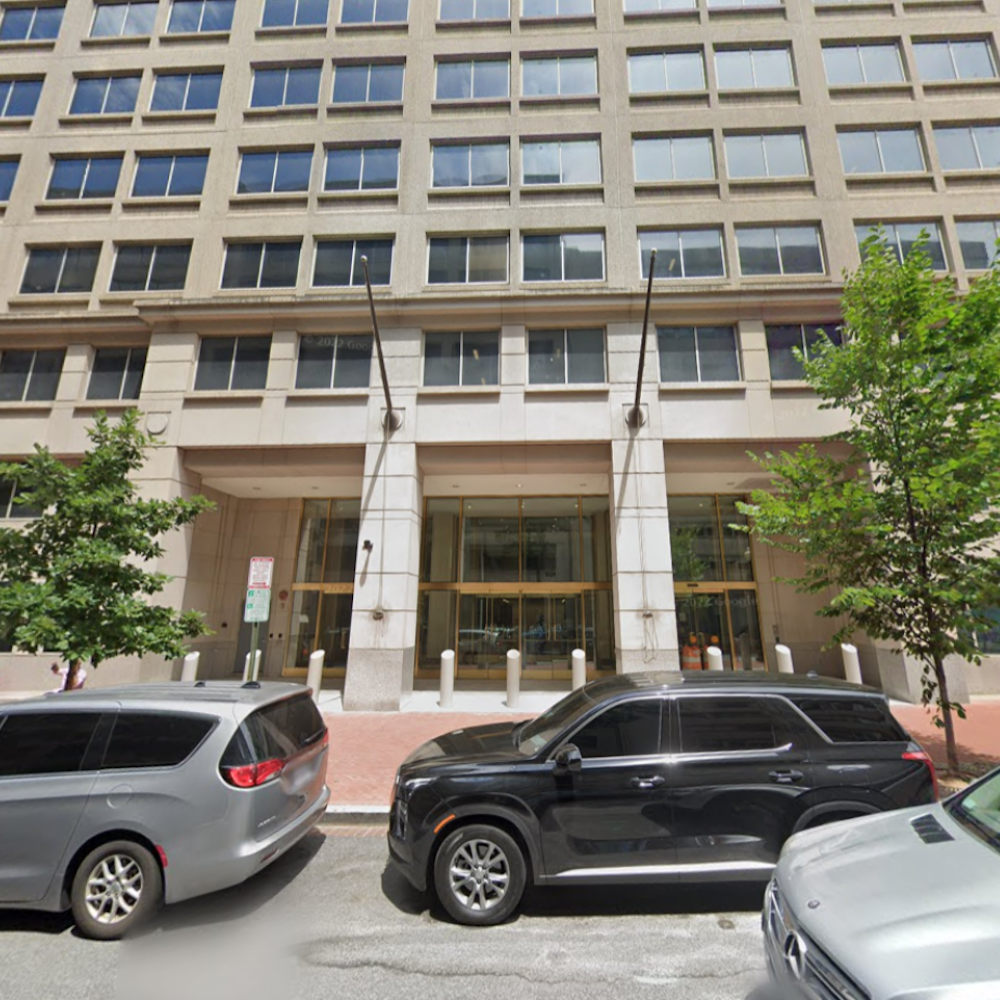
-1.webp?w=1000&h=1000&fit=crop&crop:edges)

